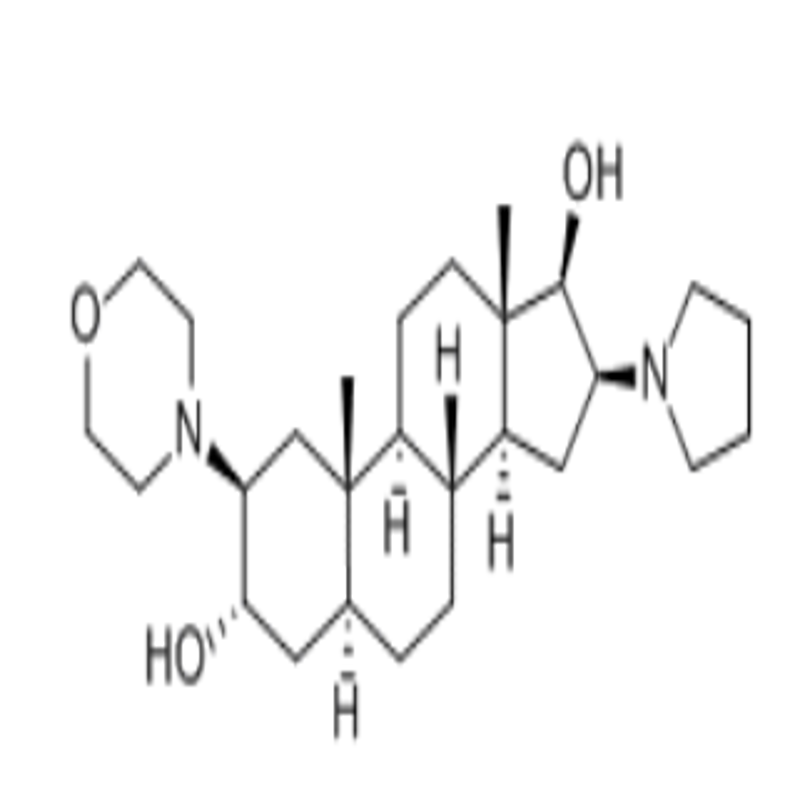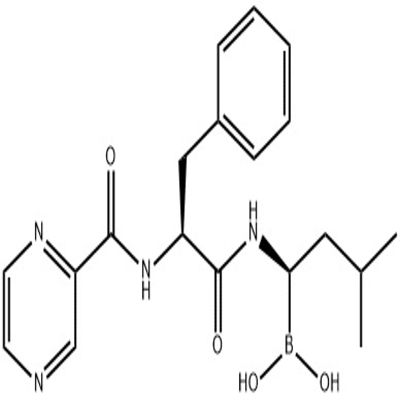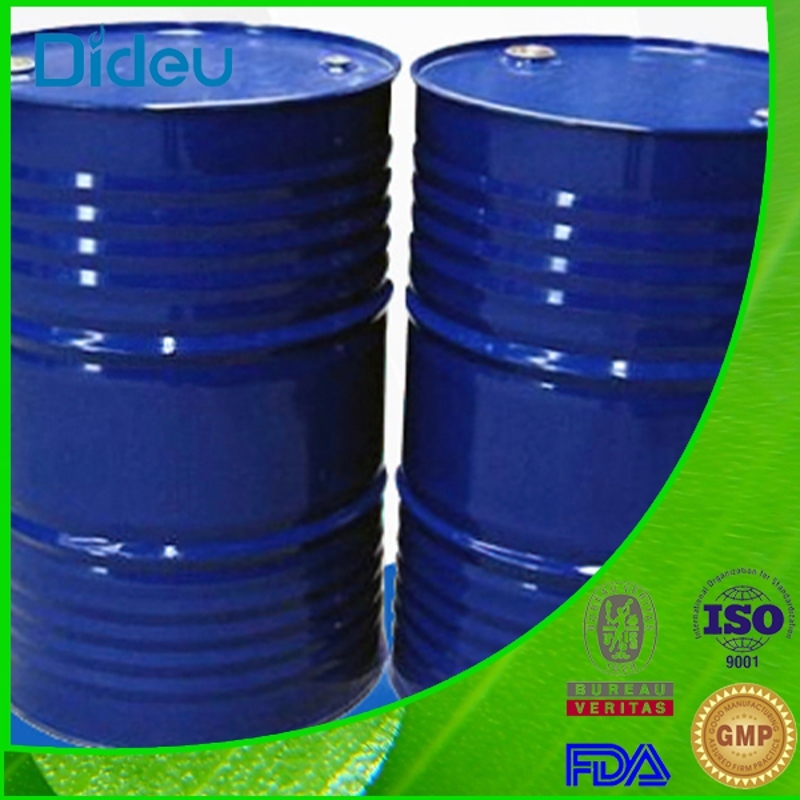-
Categories
-
Pharmaceutical Intermediates
-
Active Pharmaceutical Ingredients
-
Food Additives
- Industrial Coatings
- Agrochemicals
- Dyes and Pigments
- Surfactant
- Flavors and Fragrances
- Chemical Reagents
- Catalyst and Auxiliary
- Natural Products
- Inorganic Chemistry
-
Organic Chemistry
-
Biochemical Engineering
- Analytical Chemistry
-
Cosmetic Ingredient
- Water Treatment Chemical
-
Pharmaceutical Intermediates
Promotion
ECHEMI Mall
Wholesale
Weekly Price
Exhibition
News
-
Trade Service
The use of 4-chloro-N,N-dimethyl-pyridine-2-carboxamide, commonly referred to as DCMU, is a common practice in the chemical industry for the production of various chemical compounds.
However, the safety concerns associated with the handling and use of this chemical have been a subject of concern for many years.
DCMU is classified as a Category 3 carcinogen by the International Agency for Research on Cancer (IARC), which means that it is possibly carcinogenic to humans.
The chemical is known to cause skin and lung cancer in animal studies, and there is limited evidence in humans that suggests that exposure to DCMU may also increase the risk of cancer.
One of the main concerns with DCMU is its potential to cause genetic mutations and chromosomal damage.
Studies have shown that exposure to DCMU can cause DNA damage in human cells, which may lead to an increased risk of cancer.
Additionally, the chemical is also known to be toxic to the liver, kidneys, and central nervous system.
The handling and use of DCMU in the chemical industry requires strict safety protocols to be in place to protect workers from the potential health hazards associated with the chemical.
Workers who handle DCMU must wear protective clothing, including gloves, safety glasses, and respirators, to prevent exposure to the chemical.
In addition, the use of the chemical must be carefully monitored, and workers must be provided with proper training on the safe handling and use of the chemical.
Despite these safety measures, accidents have occurred in the past where workers have been exposed to DCMU.
In these cases, it is important that the appropriate medical treatment be provided to the affected workers as soon as possible to minimize the potential health effects.
It is essential that the chemical industry continues to prioritize the safety of workers and the environment when handling chemicals like DCMU.
Companies must ensure that they are following all relevant safety regulations and guidelines, and that they have proper safety measures in place to prevent accidents and protect workers from the potential health hazards associated with the chemical.
In conclusion, while DCMU is an important chemical in the production of various chemical compounds, it is important that the chemical industry takes the necessary steps to ensure the safety of workers handling the chemical.
The potential health hazards associated with DCMU are real, and proper safety measures must be implemented to prevent exposure and protect worker health.







